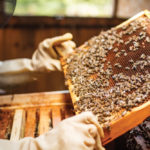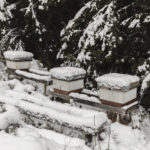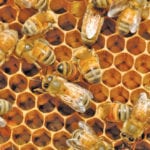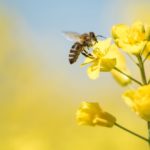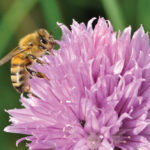Beekeepers are getting in line for their checkups, and they’re pretty happy about that fact. Manitoba’s honey producers will have at least another two years of hive inspections now that the province has approved a new contract with DLJ Consulting and its team, led by Derek Micholson. The new contract will cover 2019 and 2020,



